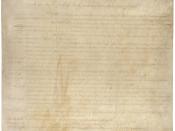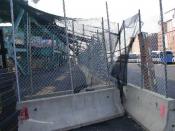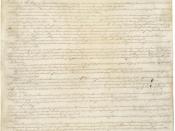The first amendment, though only 45 words in its entirety, has proved the most profound and widest reaching law in the United States Constitution, giving the people of the United States free speech, freedom of the press, freedom to choose and observe any religion, the right to peaceably assemble, and the right to petition the government. Through and in the name of the first amendment' s protection of the press, all members of society are allowed to voice their opinion in written form for dispersal into the public. However, this freedom is limited to that which does not commit slander or libel, whether you are a student or professional publication. Though all publications must have a working knowledge of the first amendment, student publications are in a delicate position in terms of legality and freedom due the restrictions placed upon student speech while in school. While courts maintain that "It can hardly be argued that either students or teachers shed their constitutional right to freedom of speech or expression at the schoolhouse gate", there are limitations on what you can say or publish in a school environment.
Additional concerns for the invasion of rights of others in a compulsory setting such as schools can override first amendment protection on many issues. While high school papers must adhere to the same defamation laws that effect professional journalists, power to censor school publications according to either the Tinker or Hazelwood decisions is given in varying degrees to school officials, affected heavily by two major variables, namely state law and whether or not the publication is acting as a "public forum for student expression".
There are two different legal standards for censoring student journalists' work, the Tinker Standard, and the Hazelwood Standard. The first standard for censoring student work is based on...


